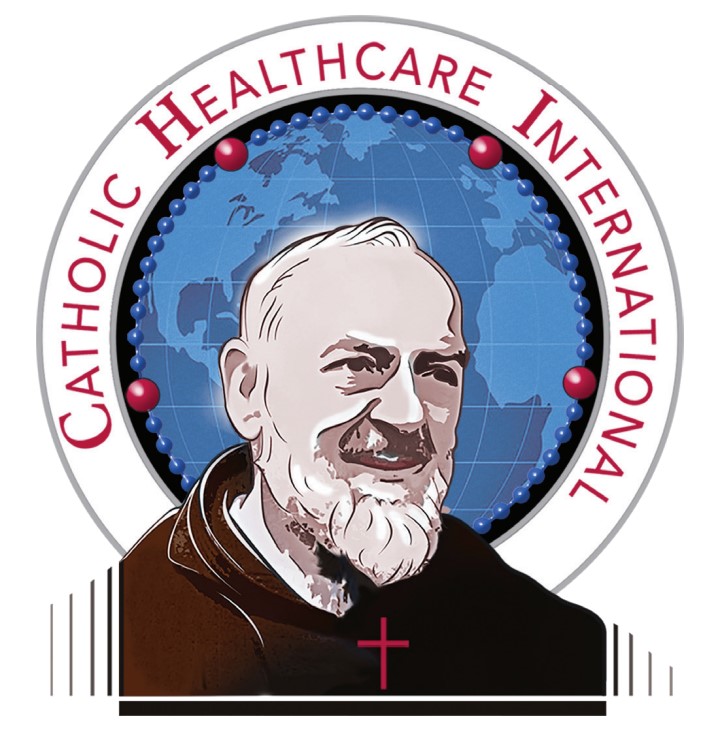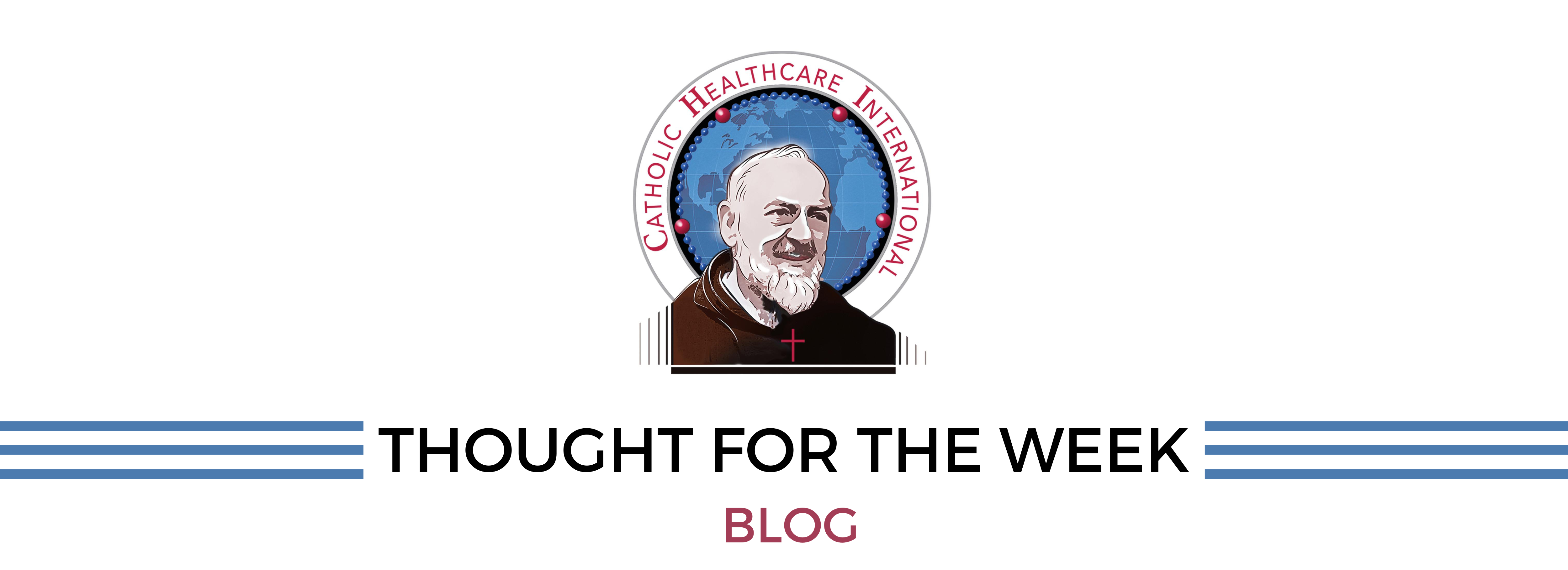The “Sanctity” of the Doctor-Patient Relationship?
One of the most common positions taken by those trying to equivocate on abortion is the, “I am personally pro-life/choice, but the decision is private and best left between a woman and her doctor” (or “physician”, if one is trying to add dramatic gravitas to the proposition). This is frequently taken by politicians attempting to gain favor from all sides of the issue. Another variation of this is, “I/ we are not commenting on abortion, I/we believe that the government should not interfere or be involved in personal health care decisions.” Again, with the sometimes added gravitas of a “patient and his/her physician.” This version is particularly popular among membership organizations, like the American Medical Association, in an effort to side-step the issue while appearing supportive to all sides. I sometimes see this view taken by the “but Catholics” in our era of political correctness and feel-good participation trophies. (I’m sure you’ve heard of the “but Catholics”; they are the people who preface a statement with, “I’m Catholic, but…”.)
The issue with these lines of logic is that they are patently untrue and, in their equivocation, ignore the serious bioethical questions regarding the value of human life in the abortion debate. The major fallacy in these arguments is that they place a value judgment of high bioethical integrity on the doctor-patient relationship and assume beneficent intent from both parties. Nothing could be further from the truth.
Despite the Hippocratic and other medical oaths, history has proven, time and time again, many physicians consider any action that is legal, to also be ethical. Of course, history has also shown physicians are quite capable of illegal actions, motivated by greed, arrogance or basic psychopathy. There is nothing magically good or ethical about physicians. Indeed, given the difficulty in becoming a physician, their salaries and regard by society, physicians are probably more likely than the general public to take a paternalistic “I know what is best” approach to patients, and to society as a whole. To quote Dr. Anthony Fauci, “I am the science” (1).
In Nazi Germany, a society obsessed with human perfection, eugenics and a “master race”, of all professional groups physicians represented the highest percentage of Nazi party membership. Physicians were part and parcel of the crimes against humanity perpetrated by the Nazis, beginning with the widespread euthanasia murder of disabled children in 1939. Within 2 years, some 80,000 medical patients, the disabled, elderly, infirm, and others “suffering” “lebsunwerten leben”, that is, “life unworthy of life” were killed by physicians as a “treatment.” Another euphemism at the time was, “leben nur als laft,” life as a burden. By the war’s end, this number exceeded a quarter of a million people. This does not include the barbaric experimentation conducted on prisoners in concentration camps. The extension from treating patients to treating society was a simple logical leap for these doctors, as was the broadening of those “unworthy of life” to include Jews, Gypsies, Slavs, homosexuals, prisoners of war and anyone else considered by the state as subhuman: the “untermenschen.”
Lest one sees the Nazis as a horrific anomaly (and, perhaps the most organized), physician culpability in the unethical and illegal stretches across all times and cultures. Whether it be the involuntary sterilization of “imbeciles” in the US (In writing the 1927 Supreme Court opinion upholding the forced sterilization of a woman termed “feeble minded”, Justice Oliver Wendell Holmes wrote, “Three generations of imbeciles are enough”)(2), the Tuskegee Syphilis Study (ended in 1973), the opioid crisis, or the systematic murder of each and every unborn child with a diagnosis of Down Syndrome in today’s Iceland,) the Nazi doctors have no monopoly on reprehensible behavior.
Similarly, it is an error to ascribe the abortion decision by a woman as a heart-wrenching and agonizing choice to end a difficult and “medically futile” (another favorite buzzword of the media) pregnancy. For every unborn child killed under the pretense of alleged medical necessity (which is never true, but that is a topic for another day), thousands are killed for reasons of convenience, casual birth control and any number of superfluous justifications. Today, right now, in these United States, abortions are performed on healthy unborn children for sex selection. Today, right now, in these United States, thousands of unborn human lives, aka, “embryos” are discarded by fertility clinics, like yesterday’s unwanted leftovers, also perpetrated by physicians.
The government can, and does, often interfere and enter into the doctor-patient relationship. Commonly, the government sets standards and boundaries regarding medical care. For example, a physician cannot legally provide a patient with prohibited controlled substances, like heroin or LSD, and the government makes the decision as to which substances are prohibited. A physician cannot actively euthanize a patient who asks to be killed and a physician has a duty and legal obligation to provide care, at the national standard, to the vulnerable. This is seen commonly in the case of children, when the medical directives of parents go against the standard of care, such as the administration of necessary blood transfusions to children whose parents are Jehovah’s Witnesses and refuse such transfusion. In this instance, the state/government will issue a court order or assume custody of the child, to compel transfusions and appropriate care. Thus, the government, which has as its primary obligation the protection of its citizens, must set guardrails to assure care of life “worthy” of protection.
We Catholics believe that all life, from conception to natural death, is equally valuable and worthy of protection. We are very uncomfortable with any other judgment of whether a life deserves protection. Obviously, others may disagree and laws regarding the protection of life must be set by a deliberative legislative body.
The situation of pregnancy, wherein a human life is contained within another human life, is unique and there are no valid comparisons or analogies. The decision to electively end a human life is not a personal and private issue between a woman and her physician. Saying otherwise is simply jargon for abortion up to the moment of birth for any reason. To accept the “private medical decision” argument, one would also have to agree that killing a one-year-old child, because a physician and a mother privately agree it is in the mother’s (or child’s) best interest, is equally acceptable. I hope that any secular, or even atheistic society, would find that abhorrent. Hyperbole? Dr. Helga Sol Olafsottr, a genetic counselor at the Landspitali University Hospital in Reykjavik, commenting on the extermination, or rather, elimination, of Down Syndrome in Iceland said, “We don’t look at abortion as a murder. We look at it as a thing we ended…preventing suffering for the child and for the family.” (3).
Dr. Josef Mengele would be proud.

George Mychaskiw II, DO, FAAP, FACOP, FASA
Founding President
Saint Padre Pio Institute for the Relief of Suffering
School of Osteopathic Medicine


